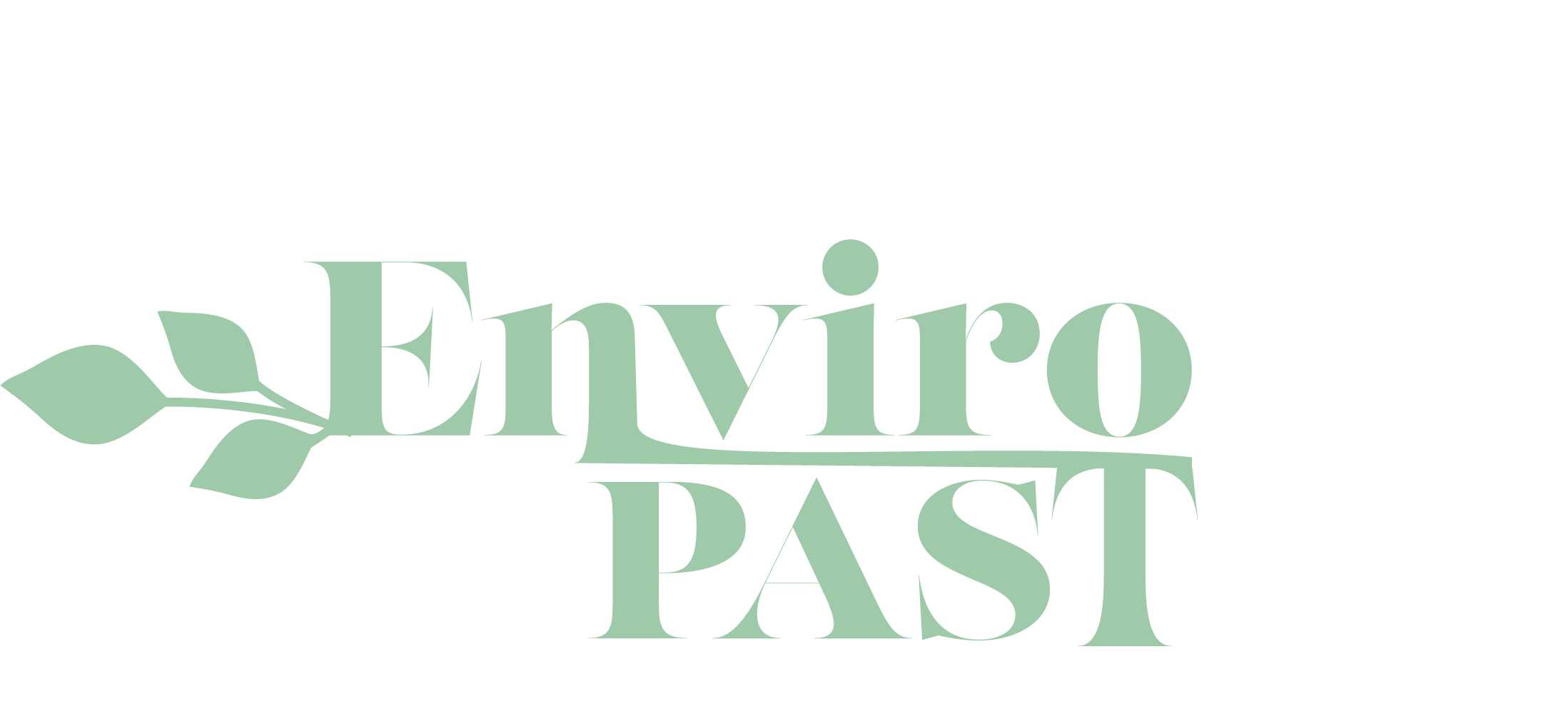EnviroPAST 2022
Our first event in Wellington, EnviroPAST 2022 brought the conference’s unique mix of speaker sessions, workshops and practical action to Pōneke rangatahi. Attendees enjoyed two days at Te Herenga Waka – Victoria University of Wellington, including a visit to Lyall Bay to help with the dune restoration mahi there.
SPEAKERS
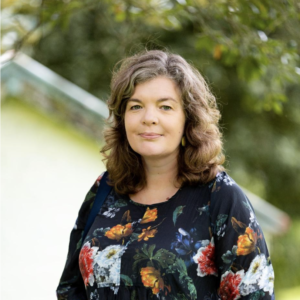
Dame Juliet Gerrard
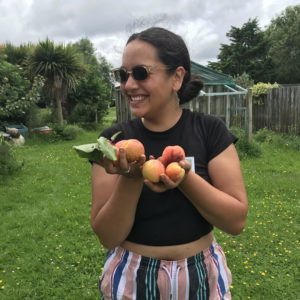
Lani Rotzler Purewa
Ko Lani Rotzler Purewa tōku ingoa.
He uri tēnei no Ngāi Tūhoe, no te Schwarzwald hoki. I’m a young urban māori with a passion for learning about what it means to be in good relation to Rangi and Papa through the matauranga of our tupuna.
I work for Para Kore, and Papawhakaritorito Trust to support community gardens across the Hutt Valley. Our mission at Para Kore is to empower and support kura, kōhanga, marae and organisations across Aotearoa to reduce waste through education and support within the frameworks of kaupapa and tikanga Māori.
It is my greatest privilege to work with rangatahi to restore native ngāhere, grow kai and put to practice regenerative growing methods that support soil microbiology, and enhance wider ecosystems address climate change pressures.
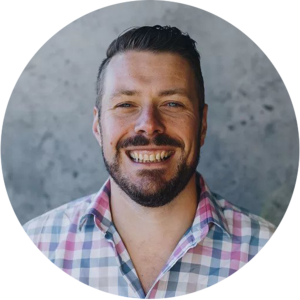
Tim Jones (MC)
Having been our MC for the two previous EnviroPAST conferences, we’re thrilled to be able to bring Tim with us to Wellington! Tim specialises in working with individuals and organisations to help them tap into their Purpose Fuelled Performance, assisting them in the transition to becoming a force for good – hence Grow Good. His purpose-focused consulting, coaching and training programmes are specially designed for those that want to use their skills to achieve meaningful goals in life and work.
Since starting his business he has worked with organisations such as Meridian Energy, The Co-Operative Bank, The NZ Defence Force, The Chia Sisters, Bivouac Outdoors and Cookie Time to name a few. His business is one of New Zealand’s founding B Corps and he is also B Corp Ambassador for NZ. More recently he has been co-teaching the University of Canterbury MBA Programme “Creating Impact-led Enterprises”. That’s why he is New Zealand’s #1 B Corp and business for good specialist,

Erik Behrens

ALI KIRKPATRICK
Ali is a mama and yoga teacher, who believes that the world would be a better place if we could all come back to community. Ali was one of the original Boomerang Bags New Zealand crew, co-founded Waste-de – a waste education and conversation platform, and one of two masterminds behind Hopper Refill. She believes that we are all intrinsically connected to Papatūānuku and that as kaitiaki we need to start connecting back to the earth and prioritise her healing.
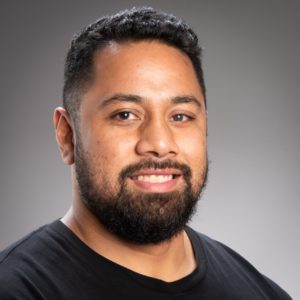
Lionel Taito Matamua
Lionel is a New Zealand-born Samoan, a father with a passion for design and technology. After completing his Master’s from Vic Uni in Wellington, he launched Creative Pathways, an outreach programme to help make 3D technology more accessible to young Māori and Pasifika students.
Lionel began to explore emerging technologies to tackle the problem, in particular the use of 3D printing technology to create tools and meaningful objects of value from recycled plastic. This could be one way to help address the growing amount of plastic waste filling up landfills and waterways in Samoa, and other marginalised communities.
WORKSHOPS

Clothing Repair with Genevieve Rae

Creative Communication with Jordan Hamel

Submission Writing with the Wellington Community Justice Project
We are Boston, Jack and Jessie from the Wellington Community Justice Project. The WCJP is a student-led charity within law school at Victoria University. We are the leaders of the Law Reform Team which aim to ensure that the legislative and policy processes in Aotearoa are open and accessible to all. Our team produces submissions to parliament, works with various organizations to encourage legislative change and conducts legal research for environmental organizations.
This workshop will focus on submission writing. Submissions we write can be either to select committees or directly to a government body, for example Ministry for the Environment. This workshop will cover the things you should be considering when writing submissions, where to find supporting resources and some writing tips. We will also read some of our previous submissions and watch some of our volunteers make oral submissions to select committees.

LIVING WITHOUT A RUBBISH BIN with Liam Prince and Hannah Blumhardt
The Rubbish Trip is run by Hannah Blumhardt and Liam Prince. They’ve been living without a rubbish bin since the beginning of 2015 and have a raging passion for all things zero waste. Since they launched The Rubbish Trip in 2017, they have travelled for nearly 3 years and delivered over 400 presentations to over 20,000 people across every region of Aotearoa New Zealand. They also Co-Founded Takeaway Throwaways and do research with Zero Waste Network Aotearoa. Hannah is Co-Founder of Reuse Aotearoa, coordinator of the New Zealand Product Stewardship Council, and researcher for Āmiomio Aotearoa, and Liam is Chair of the Aotearoa Plastic Pollution Alliance and Compost Manager at Kaicycle.
Hannah and Liam, the two helping humans behind The Rubbish Trip have been living without a rubbish bin since the beginning of 2015, and have been doing talks about living waste-free for 6 years. Why would anyone want to live without a bin? And how would you go about it, even if you wanted to? Isn’t that impossible? If you’re curious to find out more, or to share your thoughts about zero waste with others, join this 90 minute facilitated workshop with Hannah and Liam. Together we’ll imagine a world without waste and brainstorm ideas, tips and tricks that anyone can start putting into practice!



DUNE RESTORATION
Every year, our practical action event is the highlight of the conference for attendees. For this year’s event, we are teaming up with Conservation Volunteers, Wellington City Council, and the Department of Conservation to help with their dune restoration mahi. Conference attendees will be transported by bus to a local beach and will join the hundreds of volunteers who have helped to plant thousands of native dune plants and remove invasive plants from Wellington’s dunes.
CVNZ works closely with Wellington City Council (WCC) to help restore the local dune ecosystems around Wellington’s south coast, and continually review and monitor the restored areas to determine success and further revise the restoration programmes. Natural sand dunes play a vital role in protecting our beaches, coastline and coastal developments from coastal hazards such as erosion, coastal flooding and storm damage.
